The study of Scriptures is important, preventing issues and creating understanding. Creating a fertile ground for the Holy Spirit to sow the seeds of understanding. As with generations past, we are not limited anymore to one translation or language.
The Levite Asaf has twelve Psalms to his credit; Asaf was the second-most prolific Psalmist, after David.
Psalm chapter 42 (Amplified Bible)
As the hart pants and longs for the water brooks, so I pant and long for You, O God.
My inner self thirsts for God, for the living God. When shall I come and behold the face of God?
My tears have been my food day and night, while men say to me all day long, Where is your God?
These things I [earnestly] remember and pour myself out within me: how I went slowly before the throng and led them in procession to the house of God [like a bandmaster before his band, timing the steps to the sound of music and the chant of song], with the voice of shouting and praise, a throng keeping festival.
Why are you cast down, O my inner self? And why should you moan over me and be disquieted within me? Hope in God and wait expectantly for Him, for I shall yet praise Him, my Help and my God.
O my God, my life is cast down upon me [and I find the burden more than I can bear]; therefore will I [earnestly] remember You from the land of the Jordan [River] and the [summits of Mount] Hermon, from the little mountain Mizar.
[Roaring] deep calls to [roaring] deep at the thunder of Your waterspouts; all Your breakers and Your rolling waves have gone over me.
Yet the Lord will command His loving-kindness in the daytime, and in the night His song shall be with me, a prayer to the God of my life.
I will say to God my Rock, Why have You forgotten me? Why go I mourning because of the oppression of the enemy?
As with a sword [crushing] in my bones, my enemies taunt and reproach me, while they say continually to me, Where is your God?
Why are you cast down, O my inner self? And why should you moan over me and be disquieted within me? Hope in God and wait expectantly for Him, for I shall yet praise Him, Who is the help of my countenance, and my God.
Numbers chapter 16 verse 18 to verse 32 (Amplified Bible)
So they took every man his censer, and they put fire in them and laid incense upon it, and they stood at the entrance of the Tent of Meeting with Moses and Aaron.
Then Korah assembled all the congregation against Moses and Aaron before the entrance of the Tent of Meeting, and the glory of the Lord appeared to all the congregation.
And the Lord said to Moses and Aaron,
Separate yourselves from among this congregation, that I may consume them in a moment.
And they fell upon their faces, and said, O God, the God of the spirits of all flesh, shall one man sin and will You be angry with all the congregation?
And the Lord said to Moses,
Say to the congregation, Get away from around the tents of Korah, Dathan, and Abiram.
Then Moses rose up and went to Dathan and Abiram, and the elders of Israel followed him.
And he said to the congregation, Depart, I pray you, from the tents of these wicked men, and touch nothing of theirs, lest you be consumed in all their sins.
So they got away from around the tents of Korah, Dathan, and Abiram. And Dathan and Abiram came out and stood in the door of their tents with their wives, and their sons, and their little ones.
And Moses said, By this you shall know that the Lord has sent me to do all these works, for I do not act of my own accord:
If t hese men die the common death of all men or if [only] what happens to everyone happens to them, then the Lord has not sent me.
hese men die the common death of all men or if [only] what happens to everyone happens to them, then the Lord has not sent me.
But if the Lord causes a new thing [to happen], and the earth opens its mouth and swallows them up, with all that belongs to them, and they go down alive into Sheol (the place of the dead), then you shall understand that these men have provoked (spurned, despised) the Lord!
As soon as he stopped speaking, the ground under the offenders split apart
And the earth opened its mouth and swallowed them and their households and [Korah and] all [his] men and all their possessions.
Numbers chapter 26 verse 4 to verse 14 (Amplified Bible)
A census of the people shall be taken from twenty years old and upward, as the Lord commanded Moses. And the Israelites who came forth out of the land of Egypt were:
Reuben, the firstborn of Israel, the sons of Reuben: of Hanoch, the family of the Hanochites; of Pallu, the family of the Palluites;
Of Hezron, the family of the Hezronites; of Carmi, the family of the Carmites.
These are the families of the Reubenites; and their number was 43,730.
And the son of Pallu: Eliab.
The sons of Eliab: Nemuel, Dathan, and Abiram. These are the Dathan and Abiram chosen from the congregation who contended against Moses and Aaron in the company of Korah when they contended against the Lord.
And the earth opened its mouth and swallowed them up together with Korah, when that company died and the fire devoured 250 men; and they became a [warning] sign.
But Korah's sons did not die.
The sons of Simeon according to their families: of Nemuel, the family of the Nemuelites; of Jamin, the family of the Jaminites; of Jachin, the family of the Jachinites;
Of Zerah, the family of the Zerahites; of Shaul, the family of the Shaulites.
These are the families of the Simeonites, 22,200.
With all the information that we have available at this moment in time, we are able to go beyond the limitations and errors of times past. With many of the teachings in the past on training our children, we come to the point of being trained ourselves. We need to be trained to see our own past and wrongdoings, then have the Lord turn this junk into gold, this manure into fertilizer, so that our heart can be prepared to receive the seed of knowledge from the Holy Spirit.
So many times we say, "I'm not good enough, I did this, or I did that." With that, we take away from the power of the blood of Jesus Christ. He died for our / my sins. I AM good enough; you ARE good enough. His hand of mercy and grace is stretched out; we just need to hold it, and then we might stumble a little, but we will not fall.
Psalm chapter 27 verse 2
When the wicked advance against me to devour me, it is my enemies and my foes who will stumble and fall.
Proverbs chapter 24 verse 16
For though the righteous fall seven times, they rise again, but the wicked stumble when calamity strikes.
Proverbs chapter 24 verse 17 to verse 18 (New International Version 1984)
Do not gloat when your enemy falls; when he stumbles, do not let your heart rejoice,
or the LORD will see and disapprove and turn his wrath away from him.
1 Peter chapter 2 verse 7 to verse 9 (King James Version)
Unto you therefore which believe he is precious: but unto them which be disobedient, the stone which the builders disallowed, the same is made the head of the corner,
And a stone of stumbling, and a rock of offence, even to them which stumble at the word, being disobedient: whereunto also they were appointed.
But ye are a chosen generation, a royal priesthood, an holy nation, a peculiar people; that ye should shew forth the praises of him who hath called you out of darkness into his marvellous light;
Psalm chapter 37 verse 23 to verse 25 (New International Version 1984)
If the LORD delights in a man’s way, he makes his steps firm; though he stumble, he will not fall, for the LORD upholds him with his hand.
I was young and now I am old, yet I have never seen the righteous forsaken or their children begging bread.
While researching and studying Korach, this reading from Rabbi Wein struck my heart.
Rabbi Wein
Korach
The great rebellion against Moshe, fomented by his jealous kinsman Korach, turned into a disaster for Korach and his family. The earth opened under their feet and dwelling places and swallowed them, man, woman, and child. The fires of dispute are always so great that they scorch even the otherwise innocent. Because of his venomous divisiveness, Korach and his family were doomed to destruction and disappearance.
But were they? In the book of Psalms, chapters of immortal poetry and comfort are attributed to "Bnei Korach," as well as other chapters authored by Assaf, who was also a descendant of Korach. So it seems that Korach's family was not obliterated, even w hen the ground swallowed them whole. In fact, the Torah itself tells us in the Book of Devarim (Deuteronomy) that "the sons of Korach did not die." What are we to make of their survival? How did they extricate themselves from their doomed position?
hen the ground swallowed them whole. In fact, the Torah itself tells us in the Book of Devarim (Deuteronomy) that "the sons of Korach did not die." What are we to make of their survival? How did they extricate themselves from their doomed position?
The Midrash (the interpretive text of the Torah) and the Talmud (oral interpretations of the Torah) tell us that the sons of Korach did not fall all the way down into the bowels of the earth. The elegant phrase used to describe their rescue from oblivion is that "a place was fortified for them above Gehinom" (depths of hell) where they were able to survive. And in that place, in the ruins of their lives and former beliefs, they rethought their father's erroneous and unfair rebellion against Moshe (Moses) and admitted the truth to themselves and to others. Again, Midrash tells us that their voices could be heard proclaiming: "Moshe is true and his Torah is true."
It is this act of honesty, of the ability to rethink and review one's positions and prejudices, that saved the descendants of Korach from death and oblivion and even brought them to immortality and piety. They were able to climb out of the pit when they realized how wrong and suicidal the path of their father had been. They stated loud and honestly that Moshe was right and true and that they and their ancestor were false and wrong. It is not easy to do so, even when the facts of the matter fly in your face and debunk your previously held theory and belief. It was therefore this act of moral courage and searing honesty that allowed the Torah to say "that the sons of Korach did not die."
The twentieth century has been to a large extent the century of Korach. Rebellion against tradition and the old, and the veneration of new theories of social engineering, morality, and religion have been the unfortunate hallmark of this, the bloodiest of all centuries. Nowhere has this been more noticeable than in Jewish life. Socialism, Communism, Secularism, Nationalism, atheistic Zionism, Reform, Conservatism, Reconstructionism, Feminism, and other assorted theories and movements arose in this century to claim the place of prominence in fashioning the Jewish people and its future. All of them have proven themselves to be woefully inadequate for the task set forth.
Much of the ruin currently clearly visible in the Jewish world is directly traceable to the rebellion against Moshe and his Torah, against Holyoke and tradition, which marks every one of these theories and movements and is in fact the common denominator for all of them. From our perch just above the abyss of Jewish destruction and assimilation, there are determined Jews who shout out loudly that "Moshe is true and his Torah is true."
But there are many sons of Korach who still maintain the belief in the false shibboleths of this past century. After an intermarriage rate approaching seventy percent in America, one strains to hear the admission of error from these groups. Unless there is an honest reappraisal of theory and belief on the part of these groups, these sons of Korach will not survive. An admission of change of policy would be most helpful on their part and a boon to the Jewish world at large.
Shabbat Shalom.
Rabbi Berel Wein
The reason I shared this with you is the same as the reason why we are under attack. That reason is the acceptance of the new One World Religion “Secular Humanism,” the true faith of Political Correctness and no offense.
In the previously read article, we read about the struggle of the purity of the Jewish Race, Faith, and Culture. As Christians, we are just starting to realize it—the struggle to maintain our Christian values, moralities, faith, and culture. We are, just like our Jewish brothers and sisters (even when we do not realize it), fighting the SAME battle.
We do not conform to the thoughts that Islam and Christianity are based on trusting and praying to the same God—Chrislam. As with so many distortions and distractions, we need to stand with our heroes of the faith and stand firm in Christ.
Hebrews chapter 11 verse 1 to verse 3 and verse 6 and verse 10 and verse 13 to verse 16 and verse 35 to verse 40 (Amplified Bible)
Now faith is the assurance (the confirmation, the title deed) of the things [we] hope for, being the proof of things [we] do not see and the conviction of their reality [faith perceiving as real fact what is not revealed to the senses].
For by [faith—trust and holy fervor born of faith] the men of old had divine testimony borne to them and obtained a good report.
By faith we understand that the worlds [during the successive ages] were framed (fashioned, put in order, and equipped for their intended purpose) by the word of God, so that what we see was not made out of things which are visible.
Abel brought a better sacrifice BY FAITH
Enoch didn't die but went to heaven BY FAITH
But without faith it is impossible to please and be satisfactory to Him. For whoever would come near to God must [necessarily] believe that God exists and that He is the rewarder of those who earnestly and diligently seek Him [out].
Noach built the ark BY FAITH
Abraham went out BY FAITH
Lived in the promised land BY FAITH
For he was [waiting expectantly and confidently] looking forward to the city which has fixed and firm foundations, whose Architect and Builder is God.
Sarah conceived BY FAITH from a man who was physically as good as dead.
These people all died controlled and sustained by their faith, but not having received the tangible fulfillment of [God's] promises, only having seen it and greeted it from a great distance by faith, and all the while acknowledging and confessing that they were strangers and temporary residents and exiles upon the earth.
Now those people who talk as they did show plainly that they are in search of a fatherland (their own country).
If they had been thinking with [homesick] remembrance of that country from which they were emigrants, they would have found constant opportunity to return to it.
But the truth is that they were yearning for and aspiring to a better and more desirable country, that is, a heavenly [one]. For that reason God is not ashamed to be called their God [even to be surnamed their God—the God of Abraham, Isaac, and Jacob], for He has prepared a city for them.
BY FAITH Abraham was put to the test
BY FAITH Isaac reckoned God could and did raise him from the dead.
BY FAITH Jacob blessed his descendants
BY FAITH Joseph provided burial instructions
BY FAITH Moses was kept concealed.
BY FAITH the Israelites were led out of Egypt.
BY FAITH the walls of Jericho fell down
BY FAITH Rahab the prostitute was saved together with the others who believed and obeyed.
BY FAITH Gideon, Barak, Samson, Jephthah, David, and Samuel subdued kingdoms, administered justice, and closed the mouths of lions.
Some women received again their dead by a resurrection. Others were tortured to death with clubs, refusing to accept release [offered on the terms of denying their faith], so that they might be resurrected to a better life.
Others had to suffer the trial of mocking and scourging and even chains and imprisonment.
They were stoned to death; they were lured with tempting offers [to renounce their faith]; they were sawn asunder; they were slaughtered by the sword; [while they were alive] they had to go about wrapped in the skins of sheep and goats, utterly destitute, oppressed, cruelly treated—
[Men] of whom the world was not worthy—roaming over the desolate places and the mountains, and [living] in caves and caverns and holes of the earth.
And all of these, though they won divine approval by [means of] their faith, did not receive the fulfillment of what was promised,
Because God had us in mind and had something better and greater in view for us, so that they [these heroes and heroines of faith] should not come to perfection apart from us [before we could join them].
FAITH, a thing of the past.
Persecution, a thing of the past.
The power of the Holy Spirit, a thing of the past.
From the book Jesus Freaks by DC Talk and The Voice of the Martyrs, Book 1 page 17:
We can make a difference.
We can turn this boat around.
Christians speak out for God's truth.
Hebrews chapter 11 verse 1 (New Living Translation)
Faith is the confidence that what we hope for will actually happen; it gives us assurance about things we cannot see.
Faith is that assurance, that knowing that you know what you know is the known truth. Faith is also that which rectifies our beliefs, where we see our weaknesses turned into strengths.
Philippians chapter 4 verse 13 (King James Version)
I can do all things through Christ which strengtheneth me.
God’s Word gives us all the insight we might ever need in our entire life.
Psalm chapter 119 verse 104 to verse 106 (Amplified Bible)
Through Your precepts I get understanding; therefore I hate every false way.
Your word is a lamp to my feet and a light to my path.
I have sworn [an oath] and have confirmed it, that I will keep Your righteous ordinances [hearing, receiving, loving, and obeying them].
How do we know where all these things we need are written? Through diligent study and fervent prayer.
We must remember that it is by faith we stand. Throughout history, men and women of God have held fast to their convictions in the face of overwhelming adversity. Though their struggles were great, their faith proved stronger still. Their example is a beacon, guiding us toward unwavering trust in the Lord even when the storms of life rage.
Yet today’s world can easily distract and discourage us, tempting us to doubt the power of God’s promises. Society sometimes elevates secular ideologies and humanistic thinking above divine truth. In these moments, our resolve must be renewed by diligently studying the Scriptures, seeking the Holy Spirit’s insight, and choosing God’s Word as our ultimate lamp and compass.
When we commit ourselves to prayer and obedience, we allow the Lord’s transformative power to work within us, turning every scar into a star and every minus into a plus. In this spirit, we see that what once felt broken can be made whole, and what once seemed hopeless can sparkle with fresh promise. As Dr. Robert H. Schuller reminds us in Believe in the God who believes in you, God believes in us even when we struggle to believe in ourselves. Our weaknesses can then become the very testimonies that strengthen others. In standing firm in faith, we continue to proclaim the same essential truth shouted through the ages: “God is true, and His ways are just.” May we never forsake this hope, and may our hearts be forever set upon His promises, confident that with Him, everything is indeed possible.
Exodus chapter 15 verse 26 (Amplified Bible)
Saying, If you will diligently hearken to the voice of the Lord your God and will do what is right in His sight, and will listen to and obey His commandments and keep all His statutes, I will put none of the diseases upon you which I brought upon the Egyptians, for I am the Lord Who heals you.
James chapter 5 verse 16
Confess your faults one to another, and pray one for another, that ye may be healed. The effectual fervent prayer of a righteous man availeth much.
Pastor Christiaan J. de Ruiter
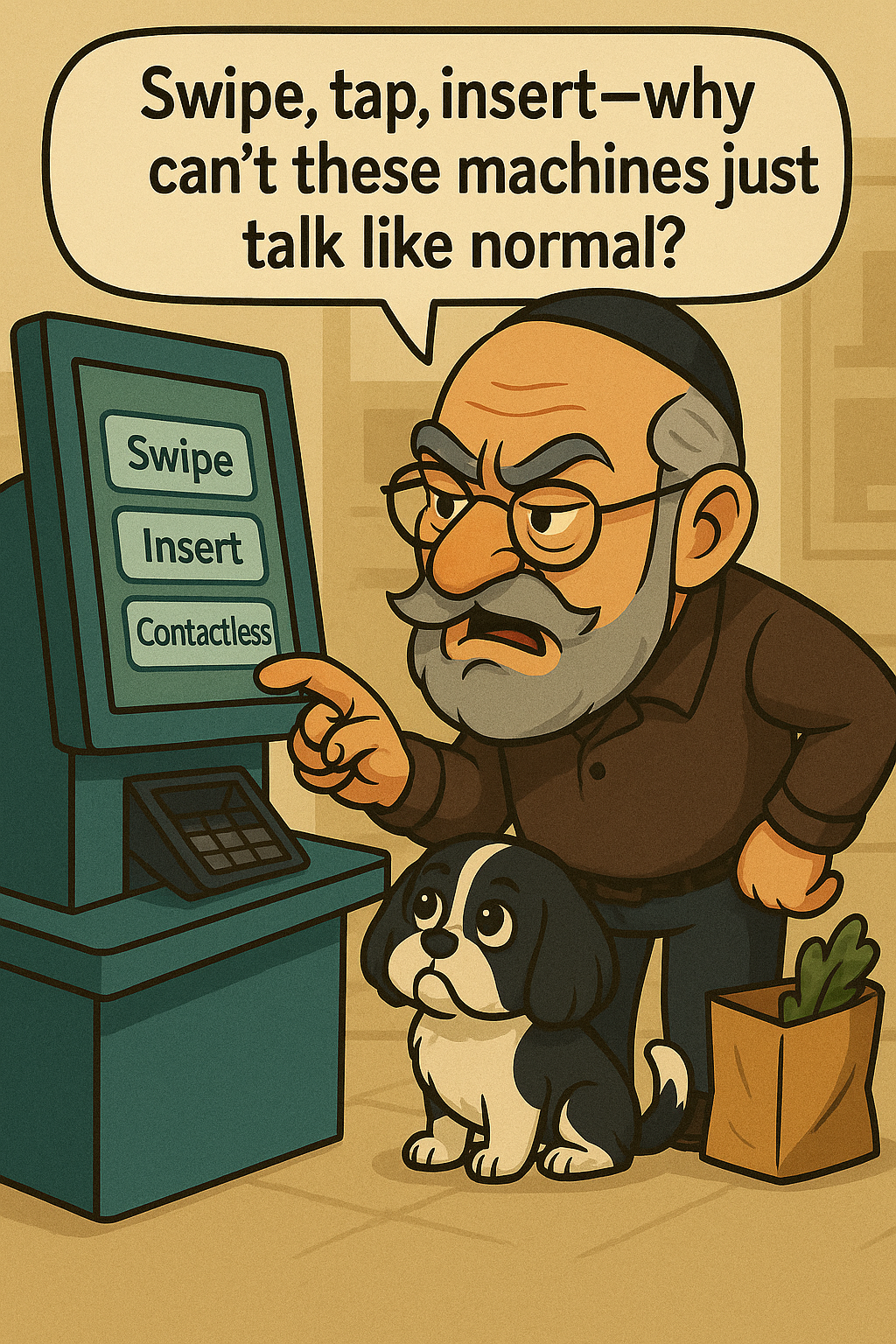
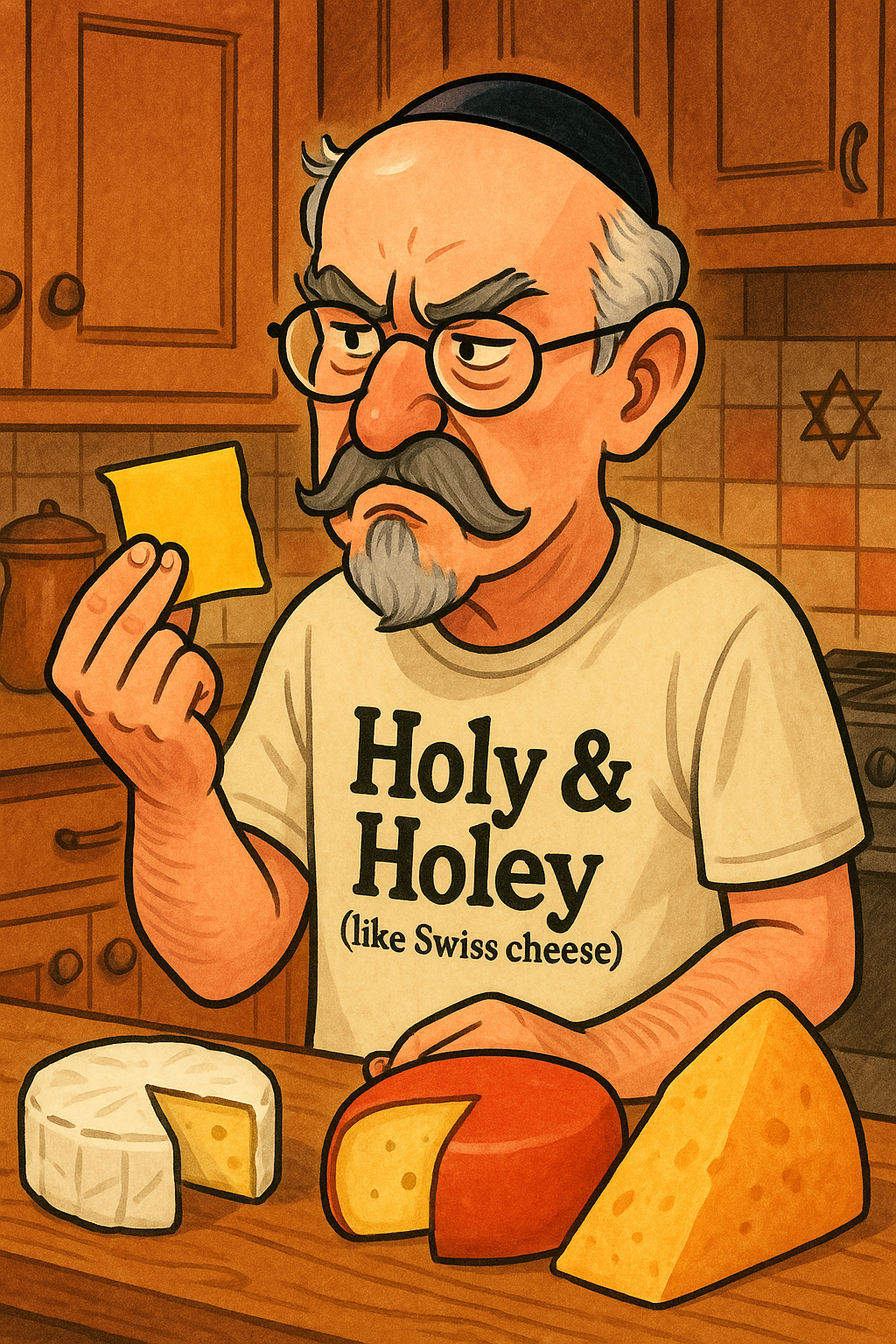

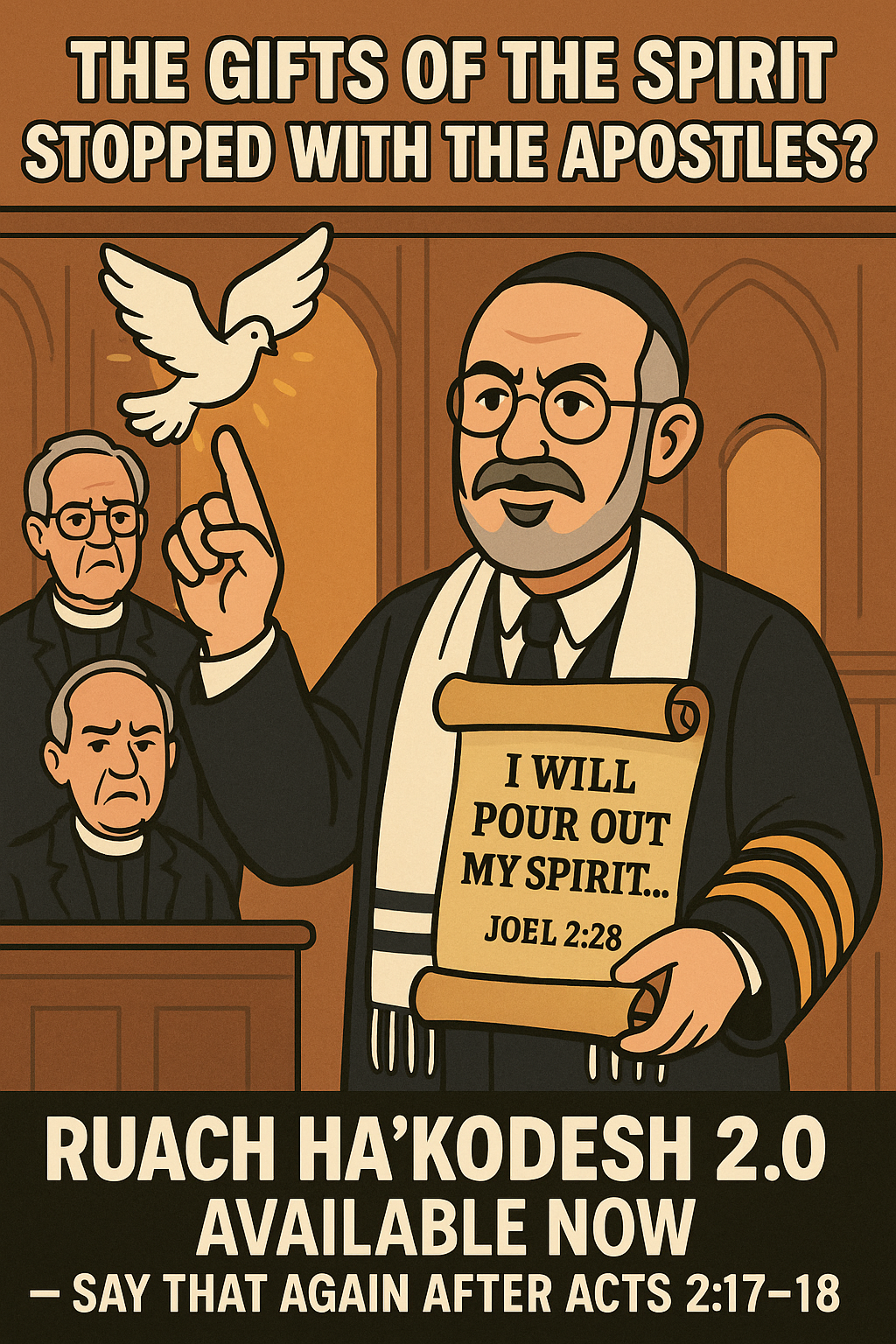


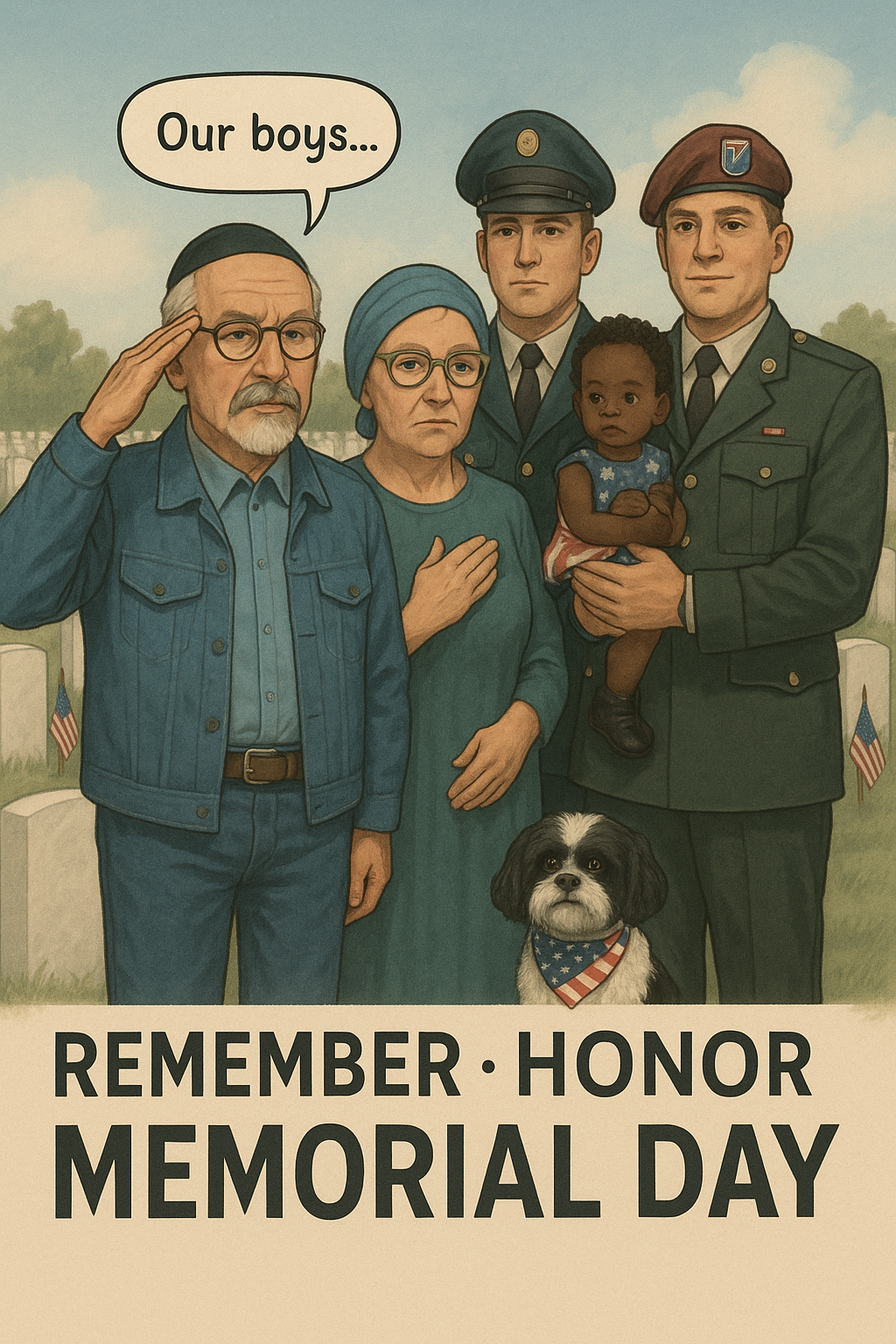

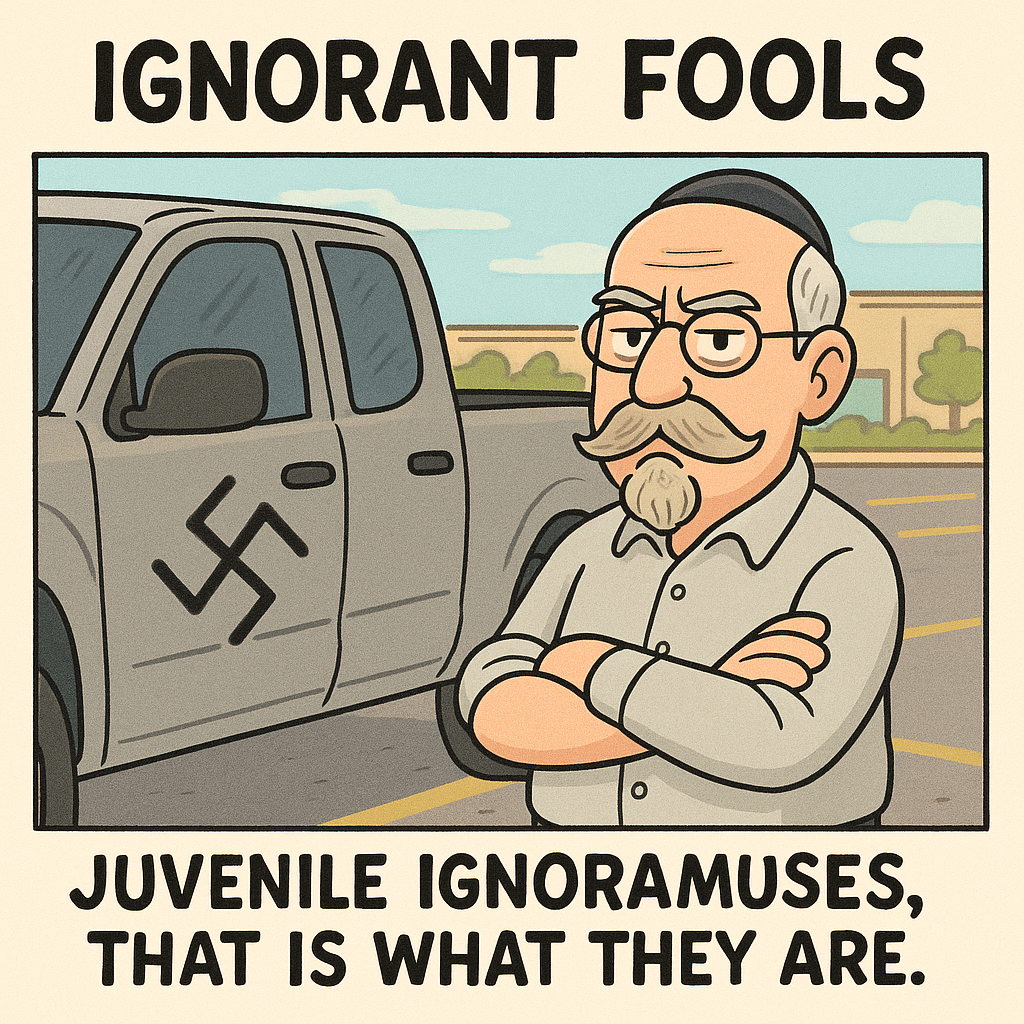

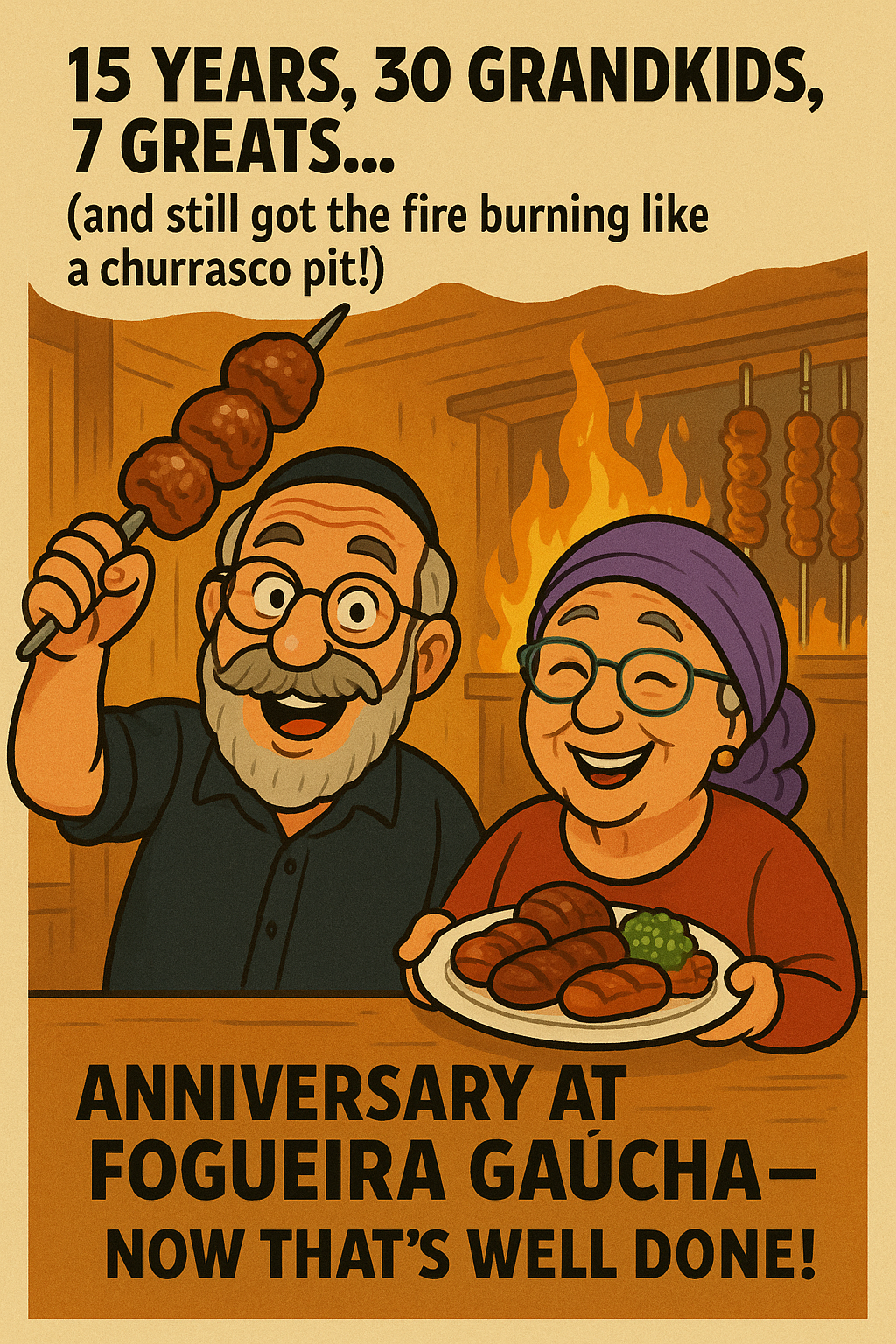








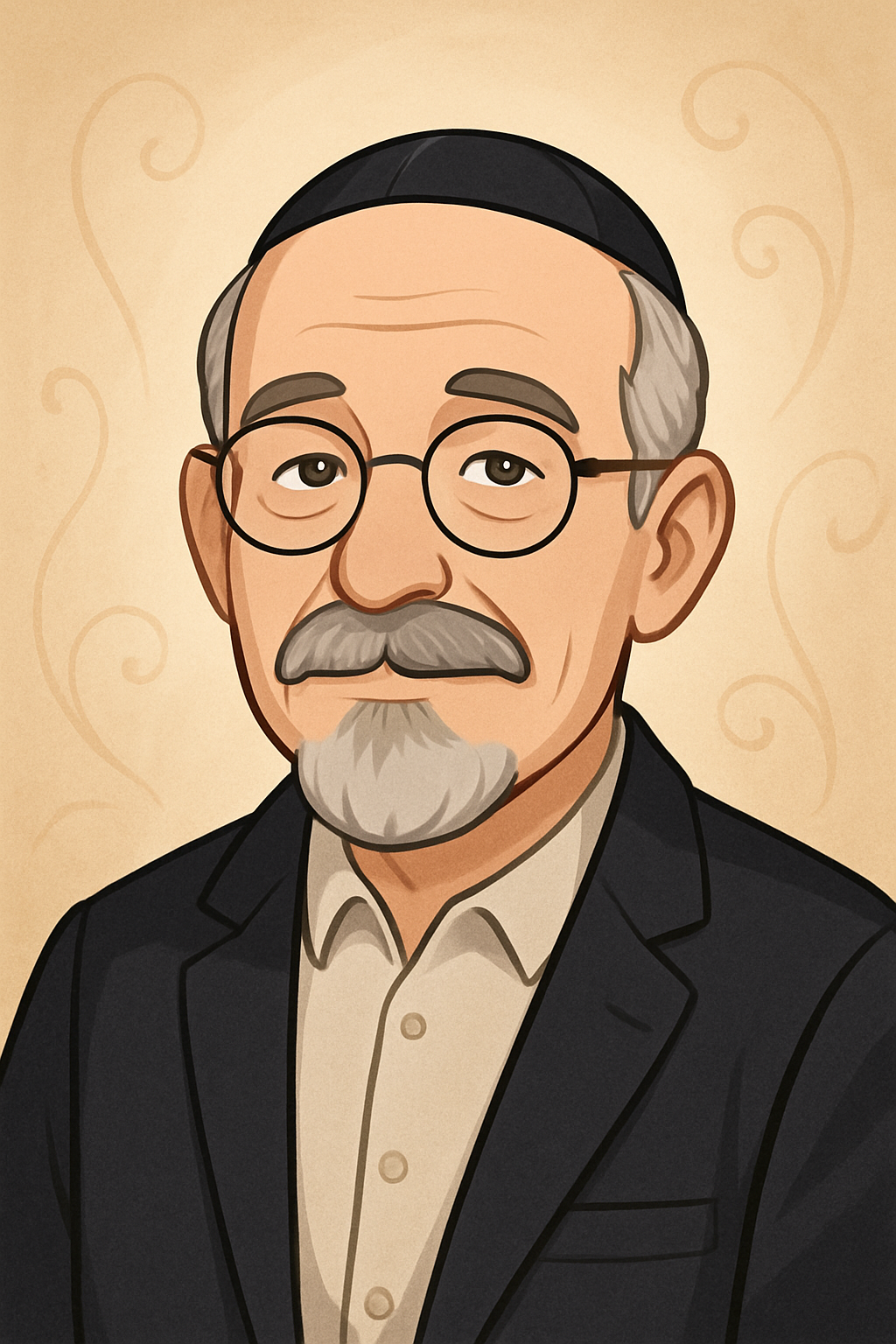 His round wire-rimmed glasses rest low on his nose, revealing keen eyes filled with both discernment and warmth.
His round wire-rimmed glasses rest low on his nose, revealing keen eyes filled with both discernment and warmth. 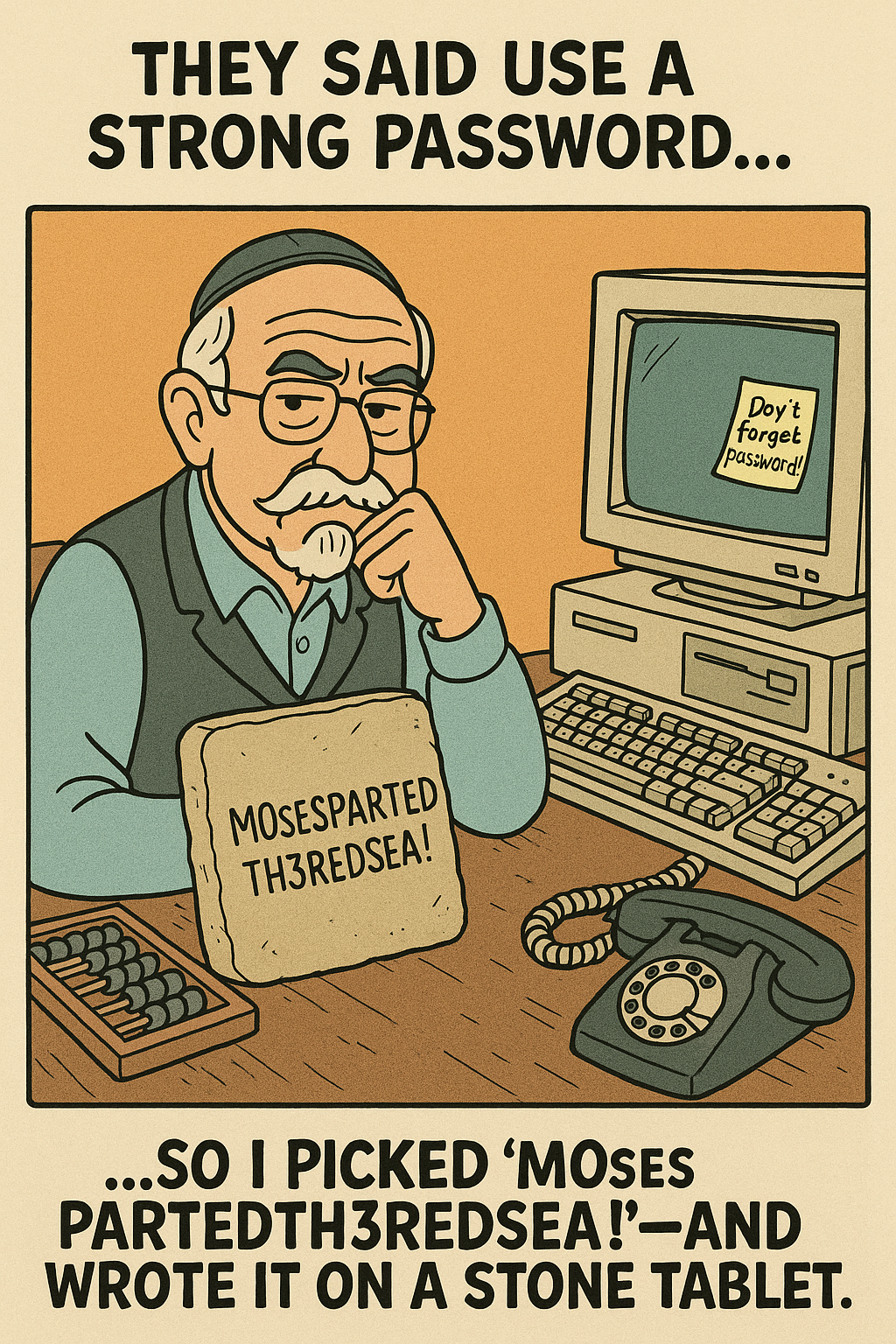


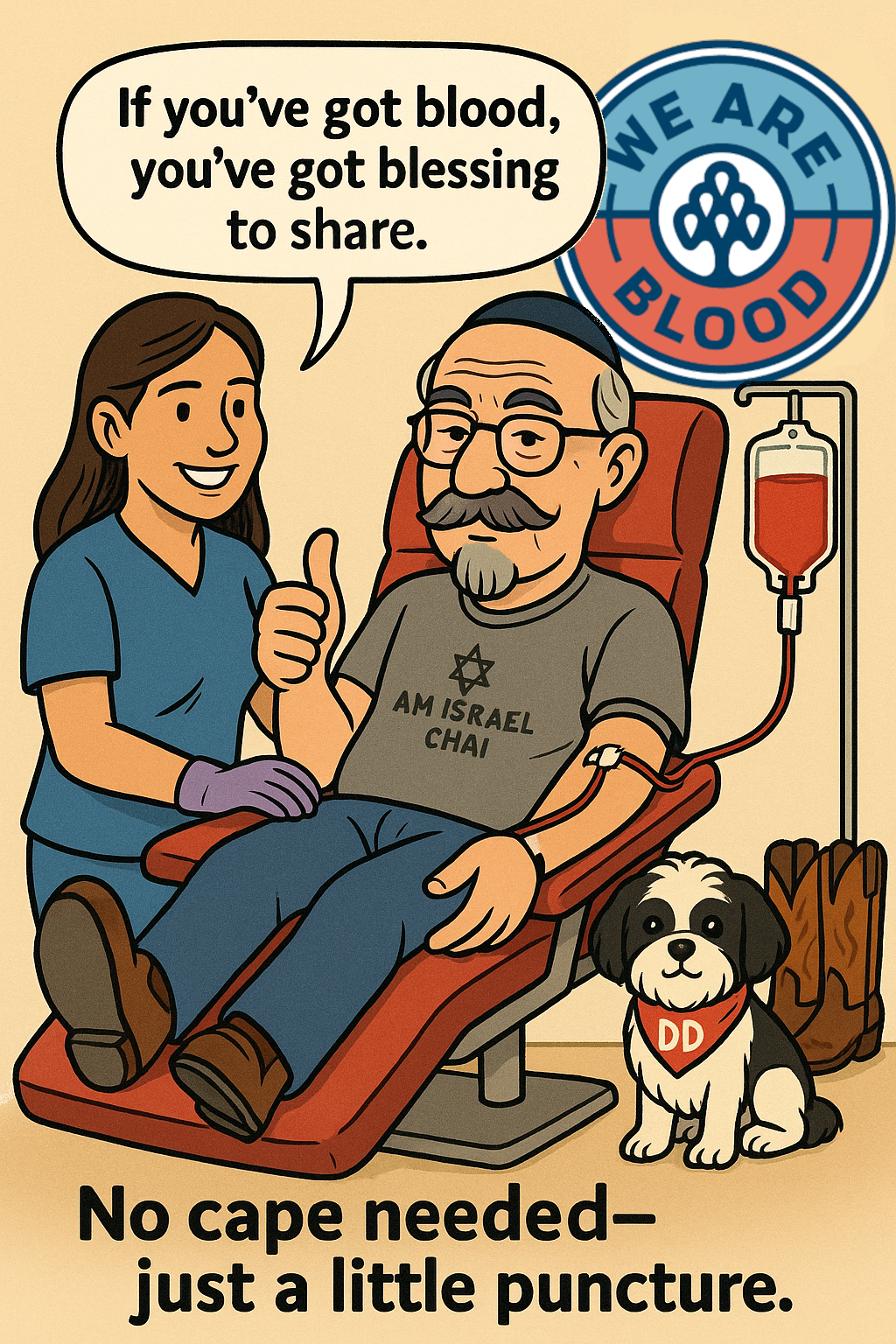
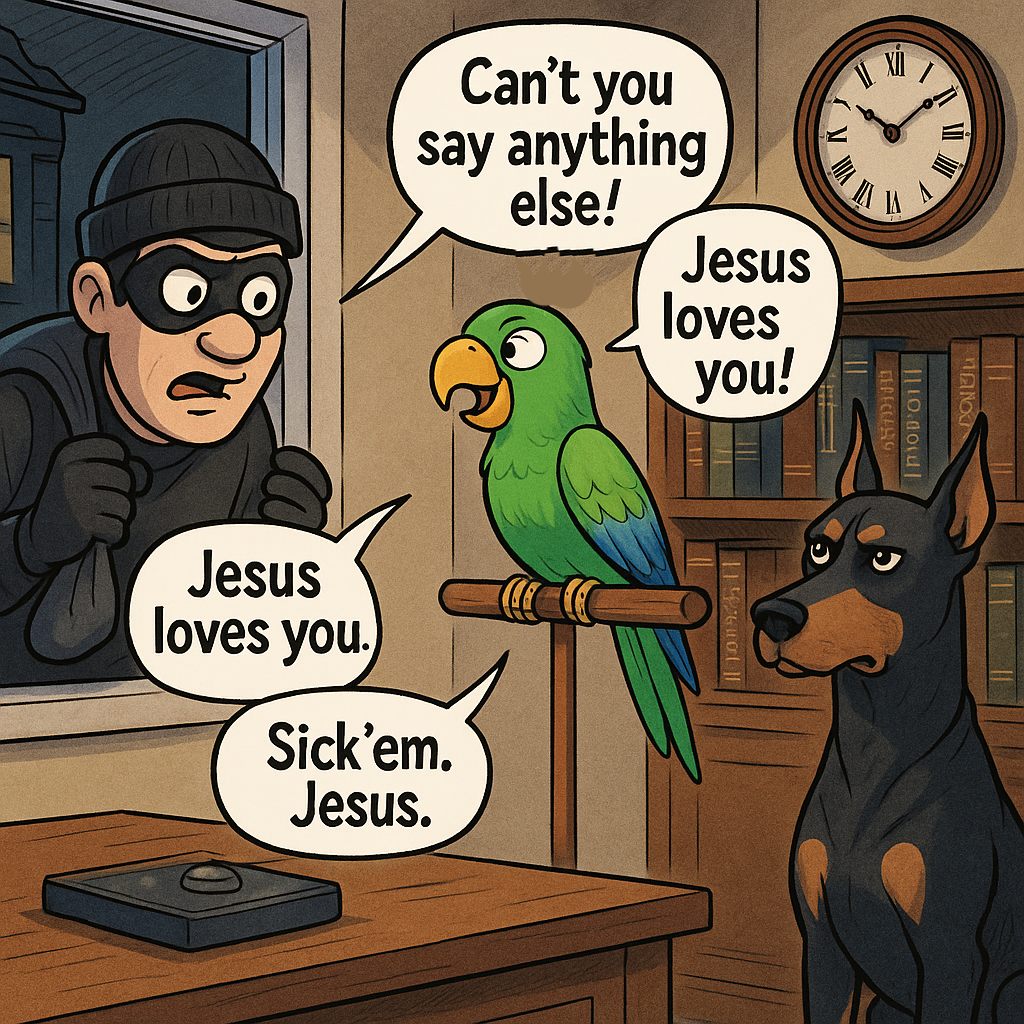
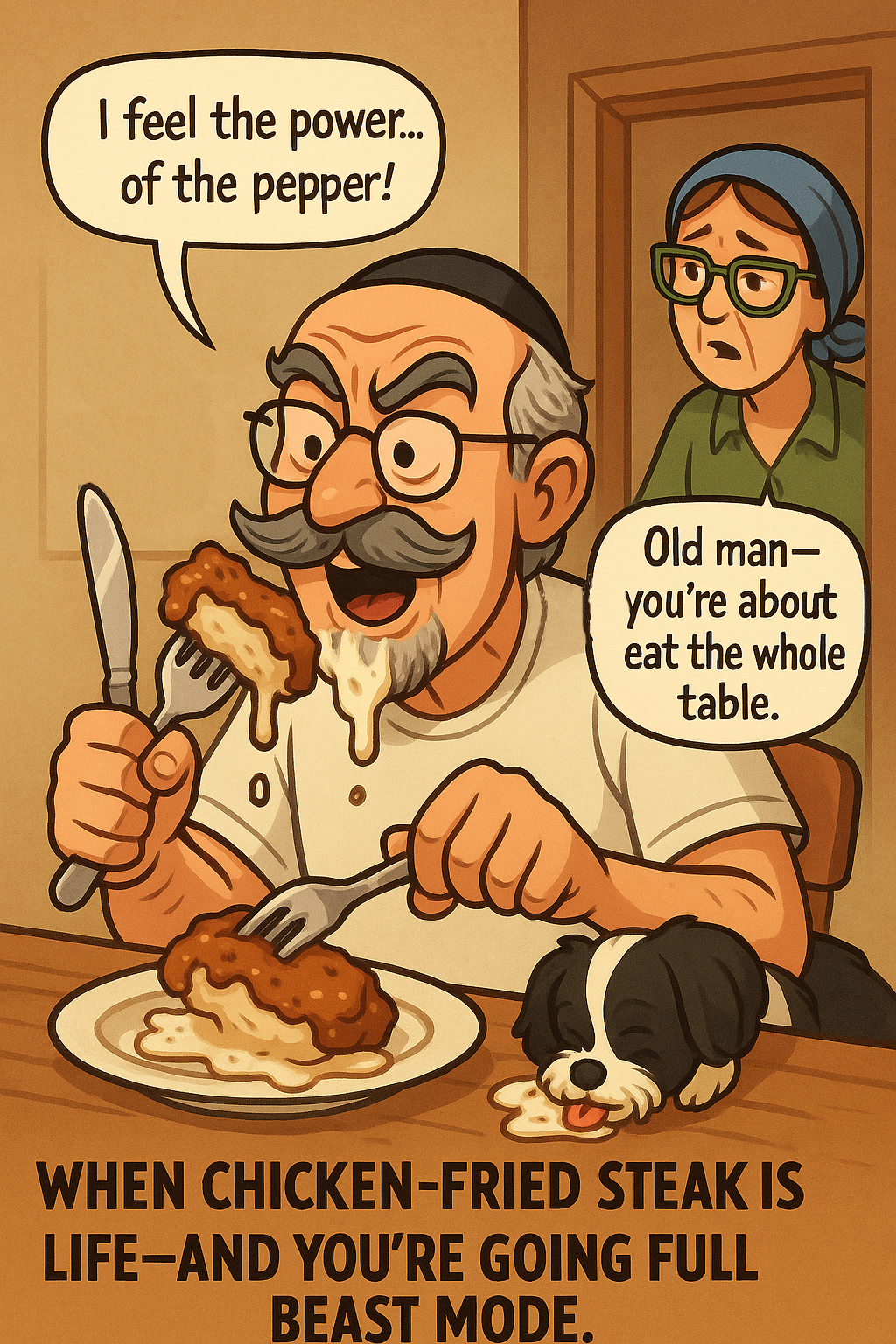
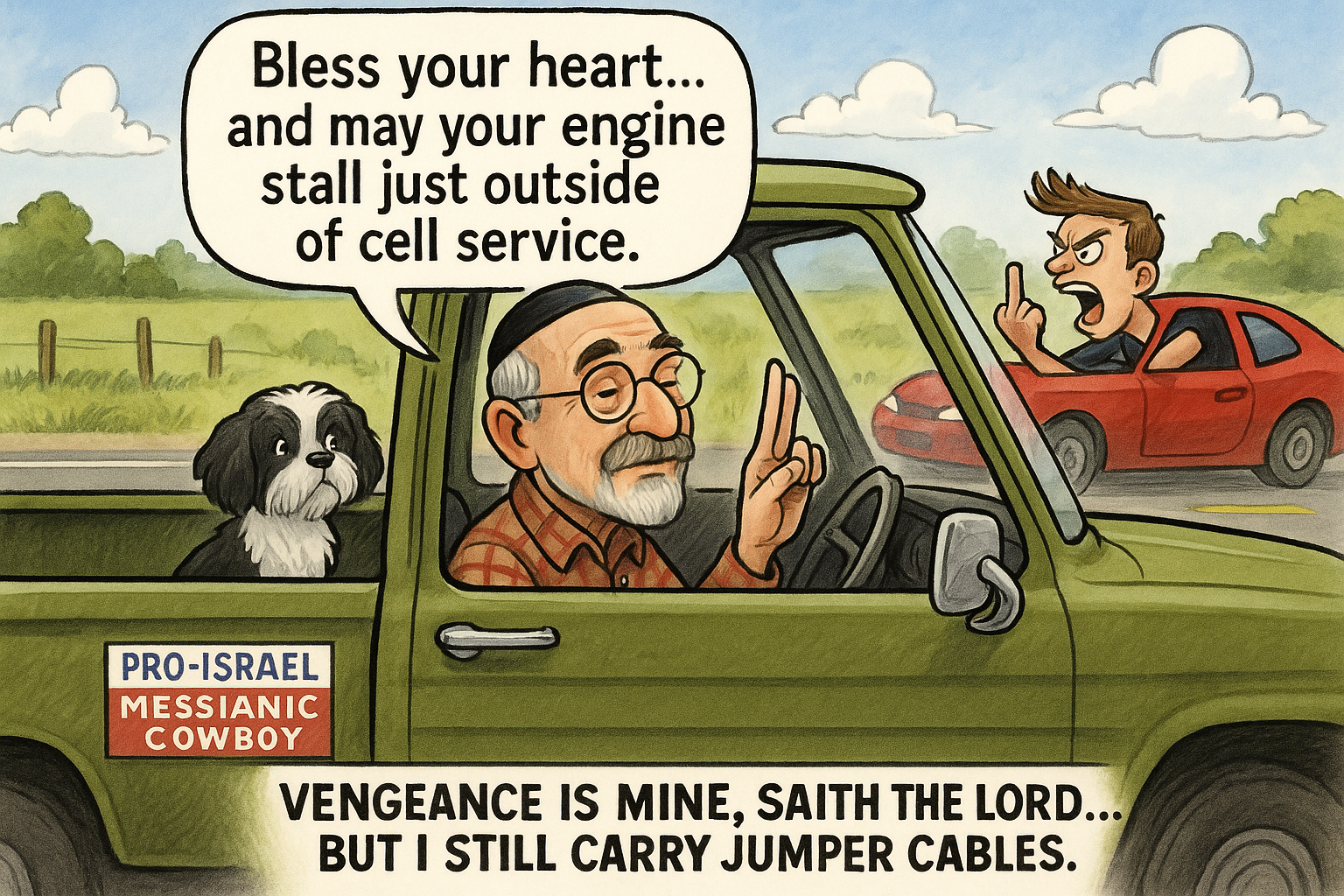
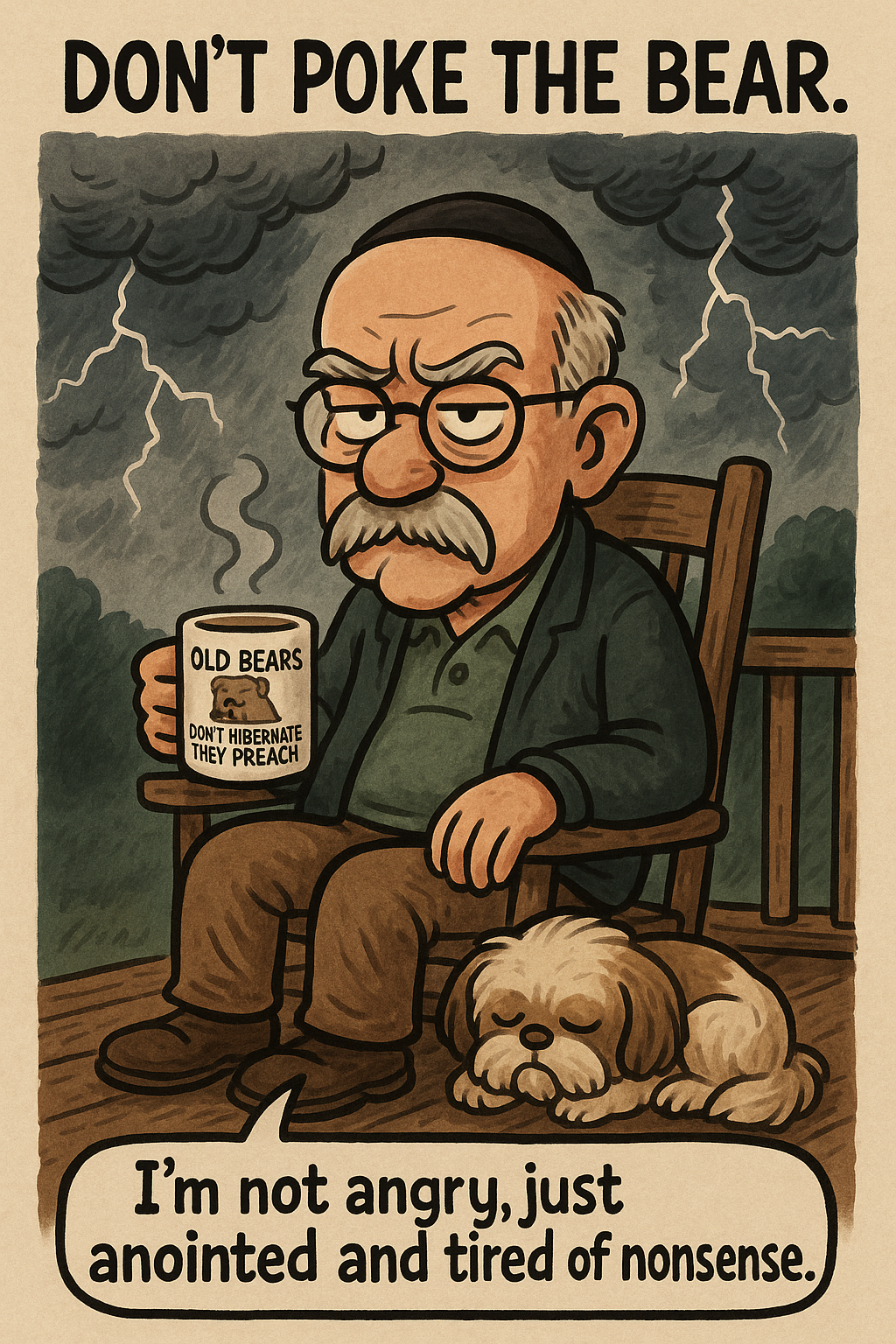


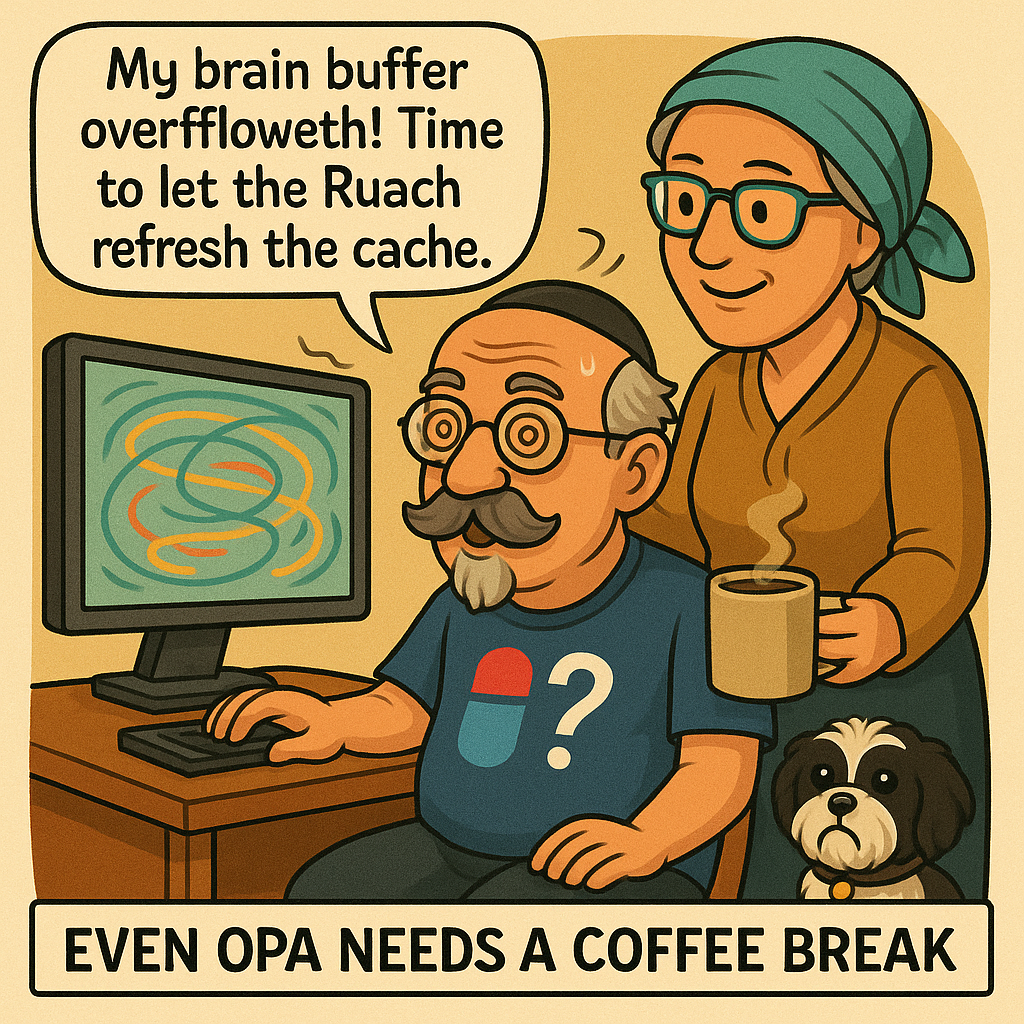











 hese men die the common death of all men or if [only] what happens to everyone happens to them, then the Lord has not sent me.
hese men die the common death of all men or if [only] what happens to everyone happens to them, then the Lord has not sent me. hen the ground swallowed them whole. In fact, the Torah itself tells us in the Book of Devarim (Deuteronomy) that "the sons of Korach did not die." What are we to make of their survival? How did they extricate themselves from their doomed position?
hen the ground swallowed them whole. In fact, the Torah itself tells us in the Book of Devarim (Deuteronomy) that "the sons of Korach did not die." What are we to make of their survival? How did they extricate themselves from their doomed position?